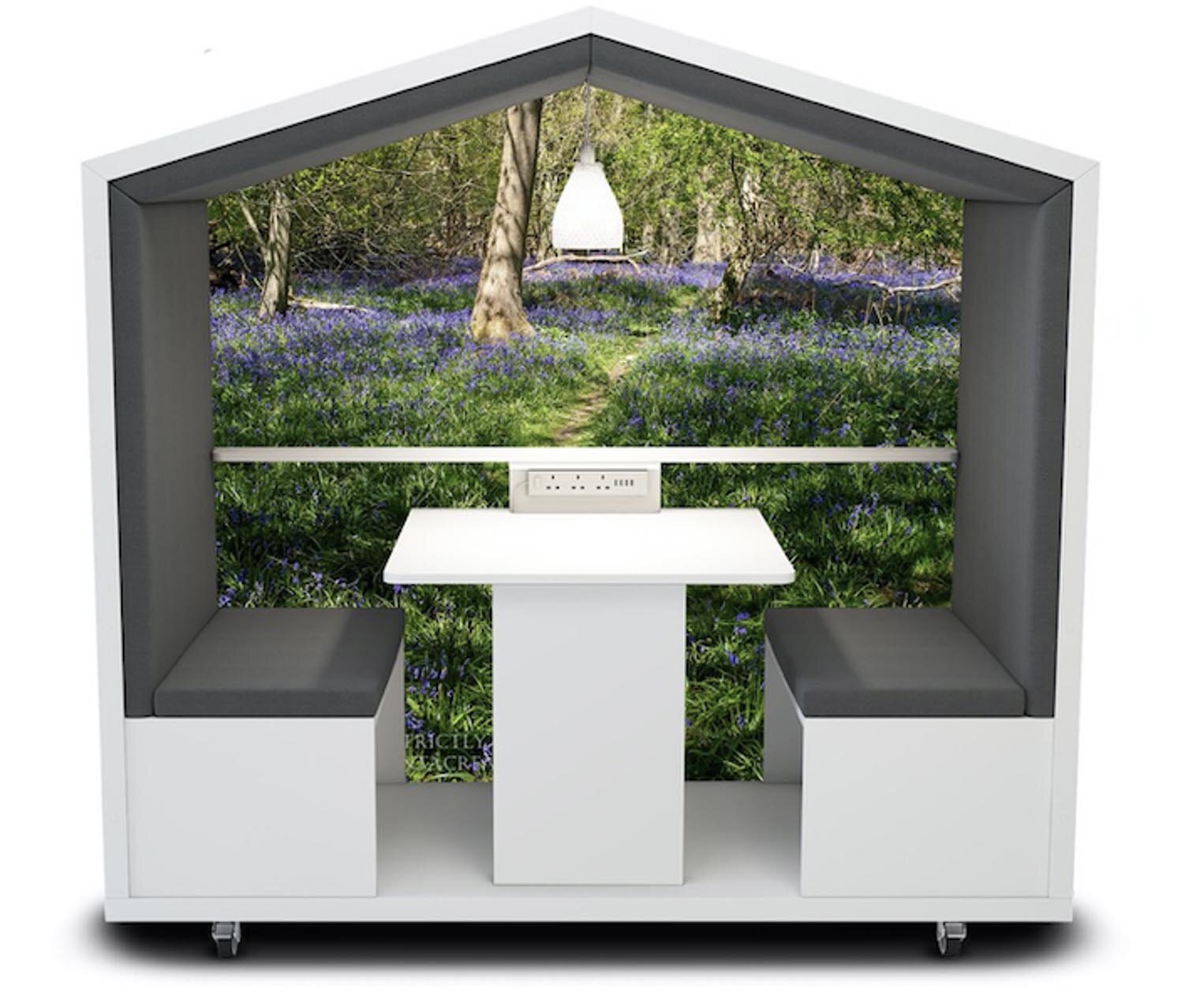Light profoundly impacts our neurological and biological systems through its connection to our evolutionary history. Our brains are fundamentally programmed to respond to moving, dynamic light sources - which is why we're instinctively transfixed by a candle flame. Artificial light, by contrast, has only existed for 180 years, which is essentially nothing in evolutionary time. This means static white lights do little to support our relaxation or psychological connectivity. We speak with Frankie Boyle, light artist extraordinaire who fuses physics, psychology, neuroscience and art.
Frankie’s work is beautiful, a manifestation of the fusion of biophilia and creativity. I love the gorgeous fluidity, the colours, the dance of light and dark, for me experiencing her installations even through the screen feels like you are walking into a song.
As Frankie explains, humans have been interacting with light for 4 billion years, primarily through natural sources like sunlight and fire.
From a neurological perspective, light triggers specific responses in our nervous system that are deeply rooted in survival mechanisms. Our brains are programmed to detect movement because it signals potential hunting opportunities or threats. Different colours and light intensities activate different neurological responses - for instance, vibrant blues are energising and motivating, while sunset tones with yellows and oranges signal relaxation and the end of the day. These light interactions influence our brain's energy allocation. If we design lighting intentionally, we can help encourage the neural resources of anyone experiencing the space to focus on specific tasks, ultimately improving their cognitive performance and emotional well-being.
READ ON AND WATCH THE INTERVIEW…..









